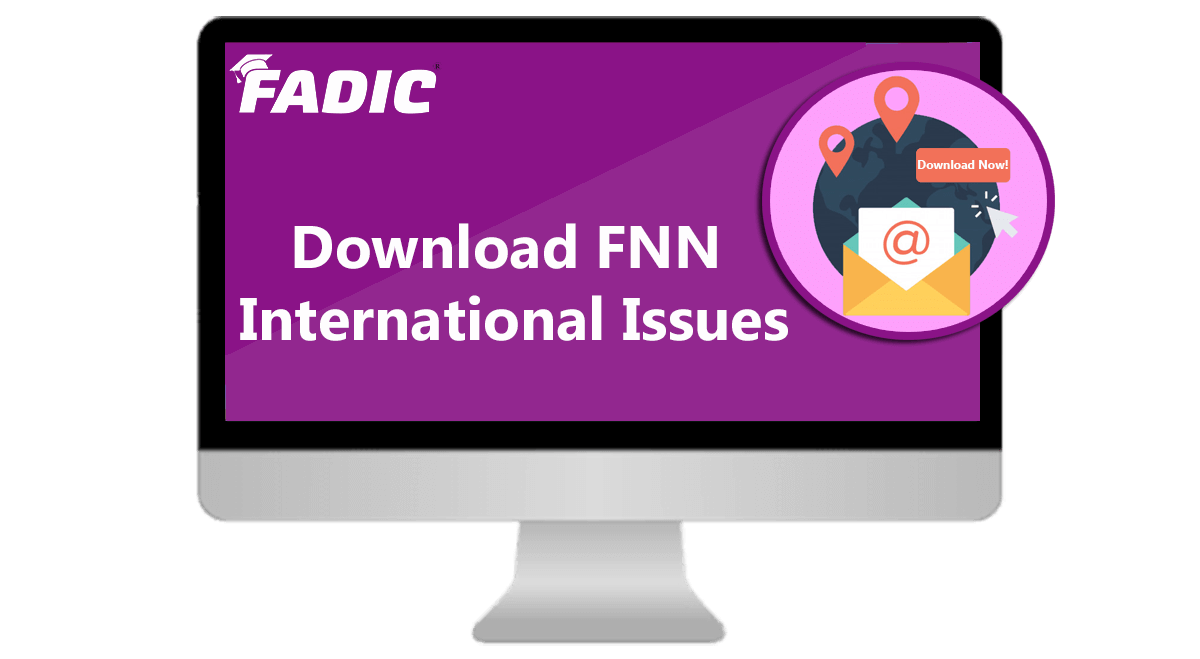1- Monday Infectious Disease News – 2nd August
1 – Perioperative administration of cefazolin and metronidazole in obese and non-obese patients: a pharmacokinetic study in plasma and interstitial fluid
- This study aims to assess plasma and tissue pharmacokinetics of cefazolin and metronidazole in obese patients undergoing bariatric surgery and non-obese patients undergoing intra-abdominal surgery.
- During the time of surgery, cefazolin concentrations in plasma and ISF of subcutaneous tissue were lower in obese patients, but not clinically relevant.
- Regarding metronidazole, the respective differences were higher, and may influence dosing of metronidazole for perioperative prophylaxis in obese patients.
Source: Oxford Academic
2 – In vitro and in vivo synergistic effects of tigecycline combined with aminoglycosides on carbapenem-resistant Klebsiella pneumoniae
- Carbapenem-resistant Klebsiella pneumoniae (CR-KP) infections represent severe threats to public health worldwide.
- The aim of this study was to assess potential synergistic interaction between tigecycline and aminoglycosides via in vitro and in vivo studies.
- Compared with single drugs, tigecycline combined with aminoglycosides could exert synergistic effects and reduce the emergence of tigecycline resistance.
- Such a combination might be an effective alternative when treating CR-KP infections in clinical practice.
Source: Oxford Academic
3 – Activity of plazomicin against carbapenem-intermediate or -resistant Escherichia coli isolates from the United States and international sites in relation to clonal background, resistance genes, co-resistance, and region
- Emerging carbapenem resistance in Escherichia coli, including sequence type 131 (ST131), threatens therapeutic efficacy.
- Plazomicin (PLZ), a semisynthetic aminoglycoside approved by the FDA in 2018, overcomes the most common aminoglycoside resistance mechanisms and maintains activity against many carbapenem-intermediate or -resistant (CIR) E. coli strains.
- This study aims to assess plazomicin susceptibility among CIR E. coli in relation to region and multiple bacterial characteristics.
- The likely utility of plazomicin against CIR E. coli is high overall, but varies with region and multiple bacterial characteristics.
Source: Oxford Academic
4- Variation in approaches to antimicrobial use surveillance in high-income secondary care settings: a systematic review
- In secondary care, antimicrobial use (AMU) must be monitored to reduce the risk of antimicrobial resistance and infection-related complications.
- However, there is variation in how hospitals address this challenge, partly driven by each site’s level of digital maturity, expertise and resources available.
- This systematic review investigated approaches to measuring AMU to explore how these structural differences may present barriers to engagement with AMU surveillance.
- Even in regions with access to electronic datasets, hospitals rely on manual data extraction for this work.
- Data extraction is undertaken by healthcare professionals, who may have conflicting priorities.
- Reducing barriers to engagement in AMU surveillance requires investment in methods, resources and training so that hospitals can extract and analyse data already contained within electronic patient records.
Source: Oxford Academic
5 – Clinical efficacy and safety of remdesivir in patients with COVID-19: a systematic review and network meta-analysis of randomized controlled trials
- They performed a systematic review and network meta-analysis of randomized controlled trials (RCTs) to provide updated information regarding the clinical efficacy of remdesivir in treating coronavirus disease 2019 (COVID-19).
- Remdesivir can help improve the clinical outcome of hospitalized patients with COVID-19 and a 5 day regimen, instead of a 10 day regimen, may be sufficient for treatment.
- Moreover, remdesivir appears as tolerable as other comparators or placebo.
Source: Oxford Academic
6 – Comparative macrolide use in humans and animals: should macrolides be moved off the World Health Organisation’s critically important antimicrobial list?
- Macrolide antibiotics are categorized by the WHO as Highest Priority, Critically Important Antimicrobials due to their recommendation as treatment for severe cases of campylobacteriosis in humans; a self-limiting, rarely life-threatening, zoonotic foodborne infection.
- Low rates of macrolide resistance in Campylobacter jejuni and the availability of alternative treatments have prompted some regulatory schemes to assign macrolides to a lower importance category.
- Apart from rare, specific infections, macrolides largely play a supportive role to other drug classes in human medicine.
- Whilst acknowledging that ongoing surveillance is required to reduce the spread of recently emerged, transferable macrolide resistance among Campylobacter, this article recommends that macrolides should be moved to the WHO Highly Important category.
Source: Oxford Academic

- Read more from FADIC Blog, with many articles with evidence based articles.
- Learn More Through FADIC® – Online Programs & Mini-Courses.
- Listen Now to FADIC Podcast focusing on varieties of pharmacist perspectives in specialties.
- Read More Now about FADIC Pharmacy Events to get more Experience.
Course Copyrights:
All Courses is meant for SINGLE user use only.
If more than one person acceced this course, they will be BLOCKED Forever.
FeedBack
FADIC 2021 Antimicrobial Resistance FNN News
Directed By/ Rasha Abdelsalam
FADIC Pharmacy’s Daily Newspaper works like this:
- Each business morning, you receive an email message with the text of that day’s FNN.
- The message has a link to a PDF file that can be viewed or printed format.
- Issues for the past reports.
Each and every business day, things change!!
- More articles are published
- New drugs are approved
- Research is presented at medical meetings, policy decisions affecting practice are debated and confirmed.
By subscribing to the FADIC 2020 Pharmacotherapy Daily News (FNN), a daily publication of the Daily News Network “FNN” will be sent to your Email.
📑 Sample of Monthly Newsletter 📥
You can keep up with what’s important
- You need not to be disturbed with many newsletters crowding your email inbox about everything.
- FADIC FNN’s provides you with each business day with a morning email summary of developments in all the areas critical to your clinical practice
FADIC 2021 Antimicrobial Resistance E-News (FNN) Daily Emails Contain:
- Just-published articles in the biomedical literature
- Emphasis on the FOUR weekly major important medical journals such as “Lancet, BMJ, JAMA, and NEJM”
- In addition to the two internal medicine journals as“Annals and JAMA Internal Medicine”
- Finally, the leading journals in medical speciality areas such as: “IDSA, JACCP, Annals of Pharmacotherapy, and others”.
- News briefs covering newly approved drugs, warnings and recalls announced by FDA, Saudi FDA, research at medical meetings.
- Lastly, other important news from International Organizations such as “CDC, WHO, and others”.
Why FADIC 2021 Antimicrobial Resistance E-News (FNN) Daily Emails?
- It helps to keep up with the literature!
- Provide you with the Updated with the latest in your clinical practice. Wherever you are, and Whenever you need!
- Help you to share in the advance in clinical career. In addition to adding an impressive image to the pharmacists all-around!
Subscribe to FADIC 2020 Antimicrobial Resistance E-News (FNN), for daily publication of Daily News
Read & Download FNN Issue 8 of April 2020 FNN News
With FADIC 2020 Antimicrobial Resistance E-News (FNN), you Will …

Receive email notification everyday morning
As we all know, the world of clinical research is changing constantly. All medical news, clinical guidelines, and updates become available in your daily medical news issue.
You can read & download news every day
You can access your daily medical everyday morning, once you receive the email notification in the morning, and entre the website, and download your news issue.
You can print your daily news for work
You will receive your FNN daily medical news from international journals, and you can print it and share the latest journal club in your
The full-Text source will be available for you
If you need to know any further details or full-teat for any news, you can open the corresponding links that support you with further details.
You’ll Also Get These Awesome Bonuses…
Bonus #1. Download monthly FNN international issues (Value 300$)
As well as the daily news, there will be a monthly issue with the most important news all over the month, that will help you to stay updated, you can download it and print.
Bonus #2. Your FNN website account support (200$ Value)
You will have your own account in FNN Medical news, in FADIC website, that enables you to follow up on all the previous or missed issues, and read them to catch up on any missed news and download all of them.
Subscribe NOW in FNN – Special Offers for Group and Organisational Subscription
Course Copyrights:
All Courses is meant for SINGLE user use only.
If more than one person acceced this course, they will be BLOCKED Forever.

 Log in
Log in Sign up
Sign up



